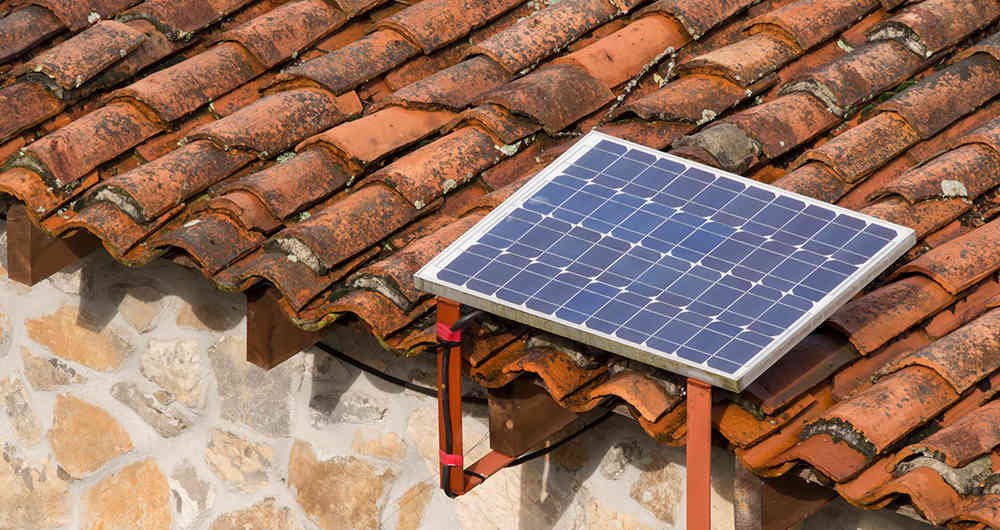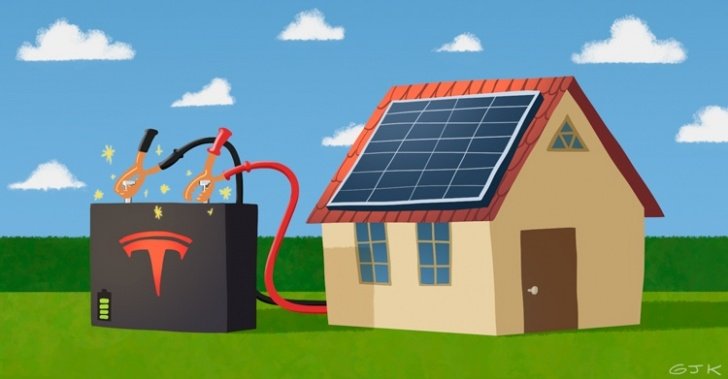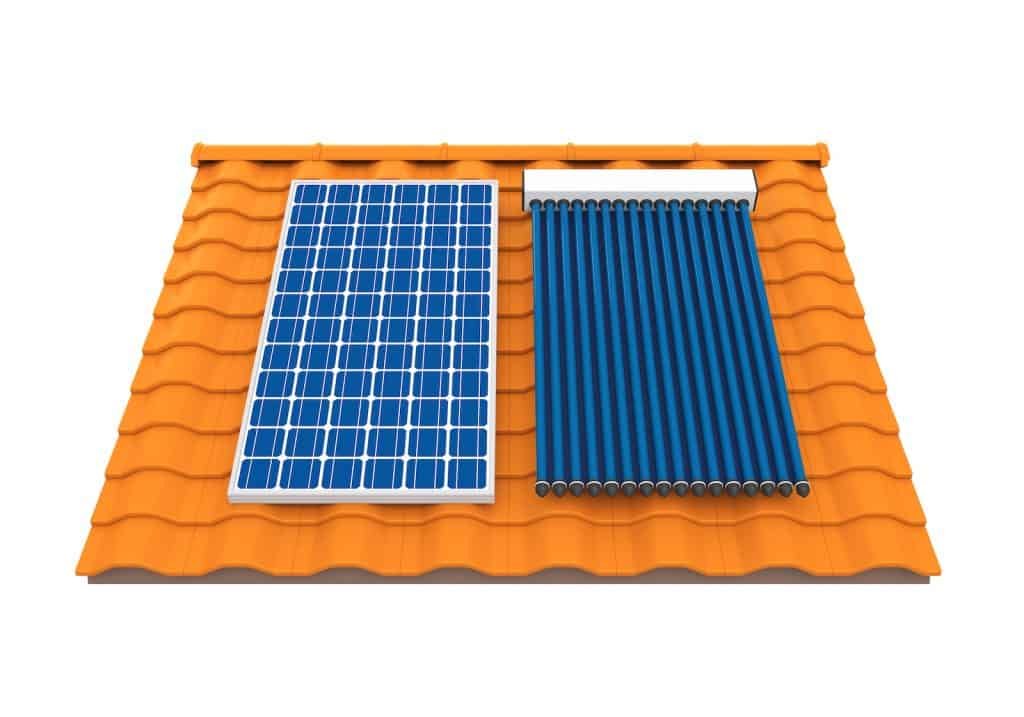Photovoltaic solar panels advantages and disadvantages
Harnessing the Sun's Power: Exploring the Advantages and Disadvantages of Photovoltaic Solar Panels
In an era where sustainability and renewable energy sources are becoming increasingly vital, photovoltaic solar panels have emerged as a prominent solution.
Photovoltaic solar panels advantages and disadvantages
These panels, which convert sunlight into electricity, are being adopted worldwide to reduce dependence on fossil fuels and combat climate change. In this article, we will delve into the advantages and disadvantages of photovoltaic solar panels, shedding light on their potential as well as their limitations.
Advantages of Photovoltaic Solar Panels:
- Clean and Renewable Energy: One of the primary advantages of photovoltaic solar panels is that they harness the power of the sun, a clean and renewable energy source. Unlike fossil fuels, which emit greenhouse gases and contribute to climate change, solar panels generate electricity without polluting the environment. This clean energy alternative helps reduce our carbon footprint and combat air pollution.
- Long-Term Cost Savings: Although the initial installation cost of solar panels can be significant, they offer long-term cost savings. Once installed, solar panels require minimal maintenance, and the sunlight they capture is free. Over time, the electricity generated from solar panels can significantly reduce or even eliminate electricity bills, resulting in substantial savings for homeowners and businesses.
- Energy Independence: Photovoltaic solar panels provide a degree of energy independence. By generating electricity on-site, individuals and organizations can become less reliant on the power grid. This independence can be particularly beneficial during power outages or emergencies when the grid might be unavailable. Additionally, solar panels contribute to energy diversification, reducing dependence on imported energy sources and increasing energy security.
Disadvantages of Photovoltaic Solar Panels:
- High Initial Investment: The upfront cost of installing solar panels can be a barrier for many individuals and businesses. While prices have been decreasing steadily, the initial investment still requires a significant financial commitment. However, it’s important to note that various financial incentives, such as tax credits and rebates, are often available to offset these costs and make solar panels more accessible.
- Weather Dependency: Solar panels require sunlight to generate electricity. Consequently, their efficiency is influenced by weather conditions. Cloudy days, shade, and variations in sunlight intensity can reduce the output of solar panels. However, it’s worth noting that even on cloudy days, solar panels can still produce electricity, although at a lower capacity.
- Limited Energy Storage: Solar panels generate electricity when the sun is shining, which may not align with peak electricity demand or nighttime usage. Although grid-connected solar systems can export excess electricity to the grid, energy storage solutions are necessary for standalone systems. Currently, energy storage technologies, such as batteries, are improving but can add to the overall system cost.
Conclusion:
Photovoltaic solar panels offer numerous advantages, including clean and renewable energy, long-term cost savings, and energy independence. They provide a sustainable solution to reduce carbon emissions, combat climate change, and promote energy security. However, the high initial investment, weather dependency, and limited energy storage are important considerations. As technology advances and costs continue to decline, solar panels are poised to play an increasingly significant role in our transition to a clean energy future. By leveraging their advantages and addressing their limitations, we can harness the power of the sun to create a sustainable and greener world.






